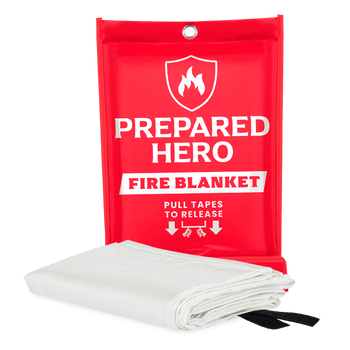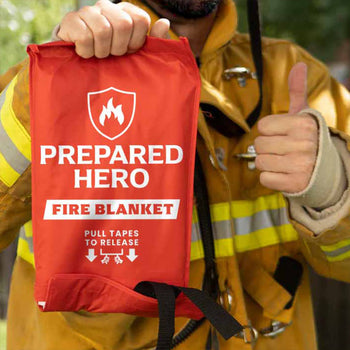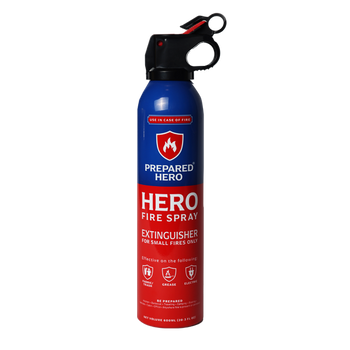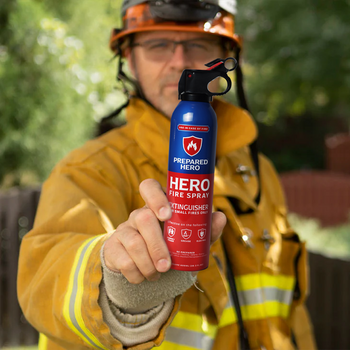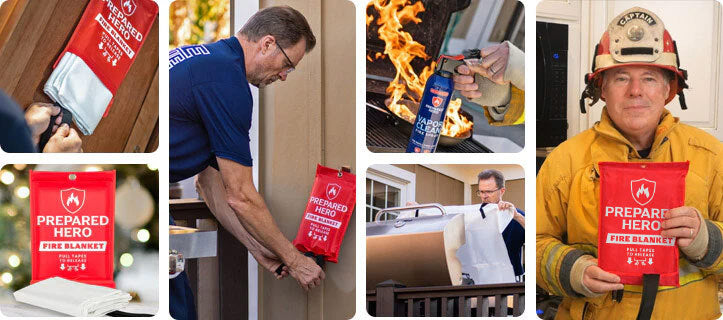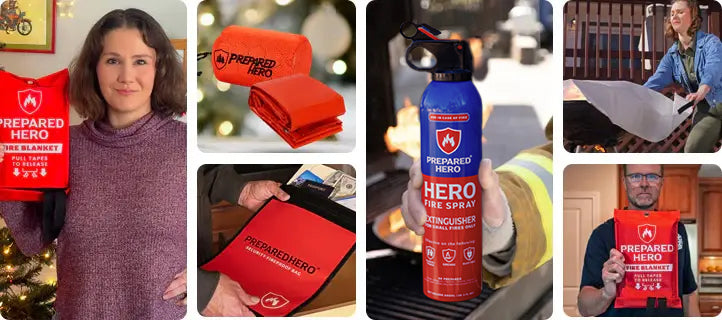According to the NFPA (National Fire Protection Association), 118,000 non-residential structure fires caused about 150 civilian deaths, 1,300 civilian injuries,...
Did you know? Pets or wild animals start approximately 790 house fires per year, according to the National Fire Protection Association.
We all love our pets, but the last thing we want is for them to start fires and get hurt. In this post, we'll talk about how to keep your pets safe from fires.
How to Prevent Your Pets From Starting Fires

Prevention is always better than cure. Here's how to prevent your pets from starting fires:
Watch out for open flames.
Pets get curious about candles, fireplaces, and other fire sources. So, don't leave your pet unattended around an open flame. Plus, make sure you put out any open flames before leaving your house.
As an alternative, you can use flameless candles. Cats are notorious for starting fires because their tails knock lit candles over.
Keep your pets away from fire hazards.
Put your pets away from fire hazards at home. Keep them in crates or behind fences in secure areas when leaving them alone at home.
Use cameras and alarms.
While smoke alarms are a must in any home, they alone won't keep your pet safe when you're not in the house. So, you must use them with cameras.
Pet cameras can alert you when smoke alarms go off. They also help tell firefighters where your pet is located during a home fire.
How to Keep Your Pets Safe During Fires

Here's how to keep your pets safe during a fire emergency:
Know where your pets hide and nap.
Knowing where your pets hide or nap helps you quickly locate them and get them to safety in case of a fire. Remember, pets tend to hide when they sense fire.
Use leashes and carriers when evacuating.
Your dog or cat may try to run during a fire, so put them on a leash while evacuating. As an alternative, you can put them in a carrier. However, you need to practice this in advance so they become comfortable with the carrier.
How to Help Firefighters Rescue Your Pets

Follow these guidelines to help firefighters rescue your pets:
Keep pets near entrances when you're not at home.
Place your pets in areas near entrances where firefighters can easily find them during a house fire.
Inform them that there are pets at home.
Put stickers on your doors and windows and write down how many pets you have in your home. The stickers should also specify what types of pets are inside.
Keep your pets' microchips and tags updated.
Have your pets microchipped and ensure their tags include updated information so you can easily find them.
Conclusion
Follow the guidelines above to prevent a fire and save your pet's life during a fire emergency.
Looking for another way to help protect your pal? Don't wait for a fire to occur. Create a fire safety kit with tools like fire protection gloves, fire blankets, and fire sprays now!


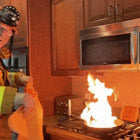 Fire
Fire Safety
Safety Survival
Survival Protection
Protection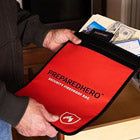 New
New
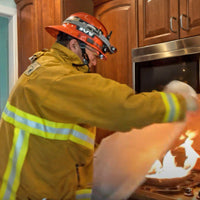 Fire
Fire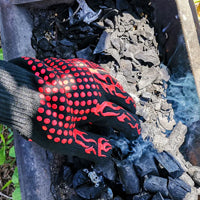 Safety
Safety Survival
Survival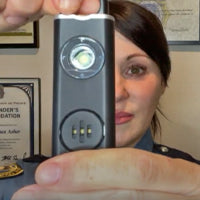 Protection
Protection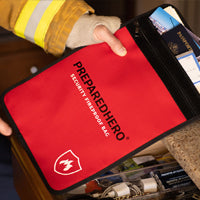 New
New